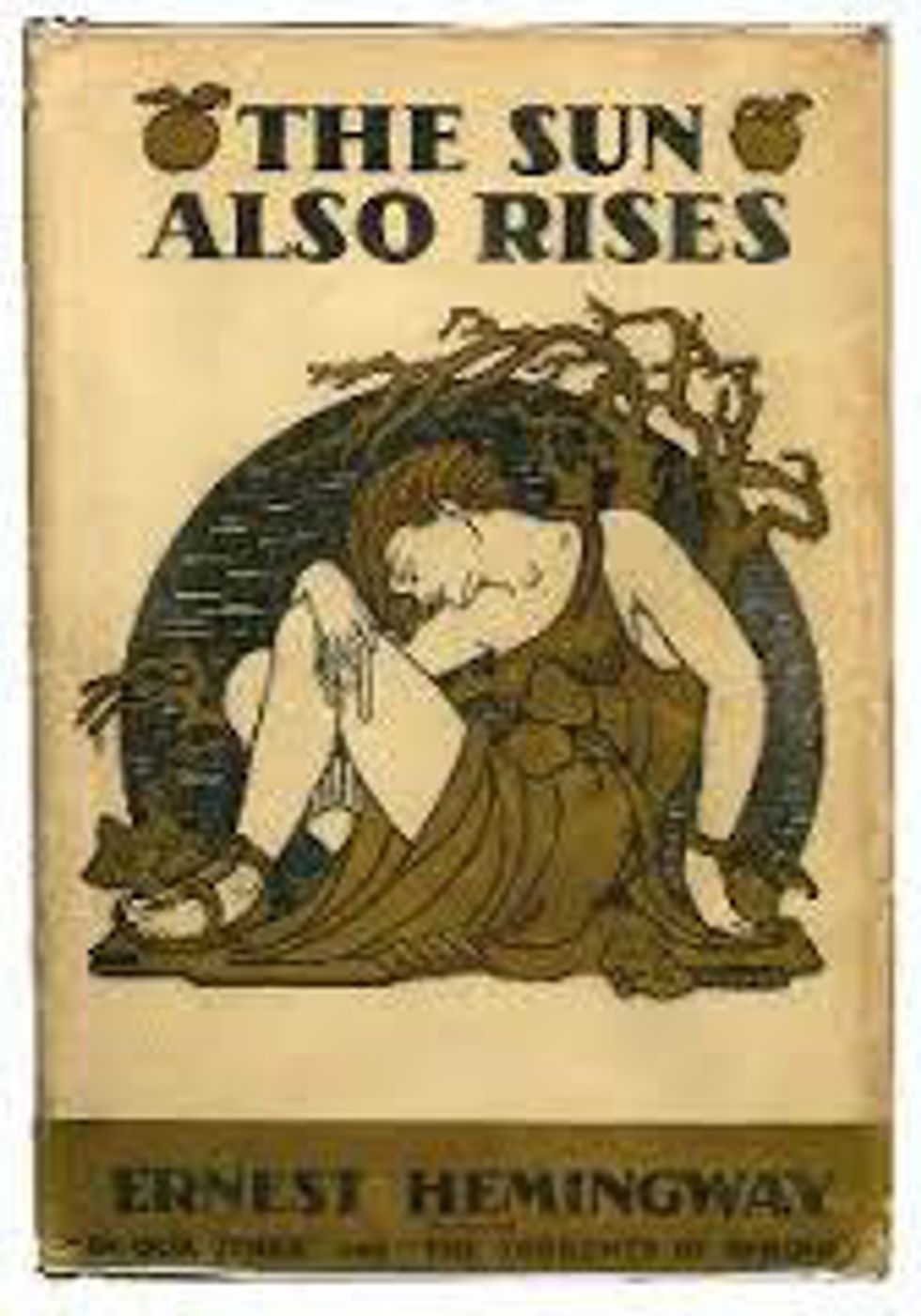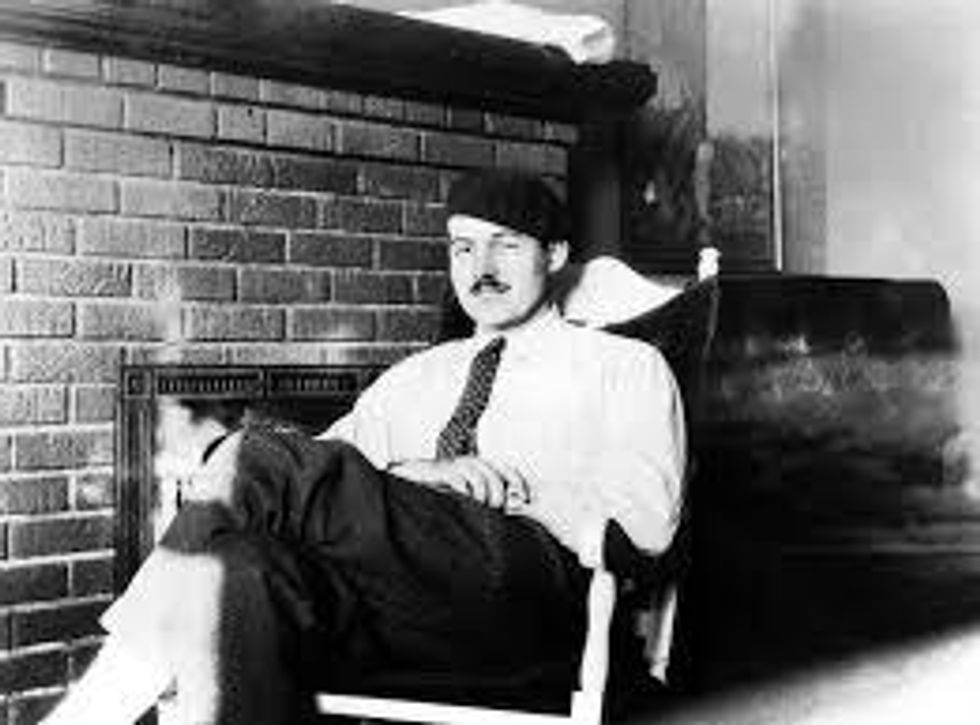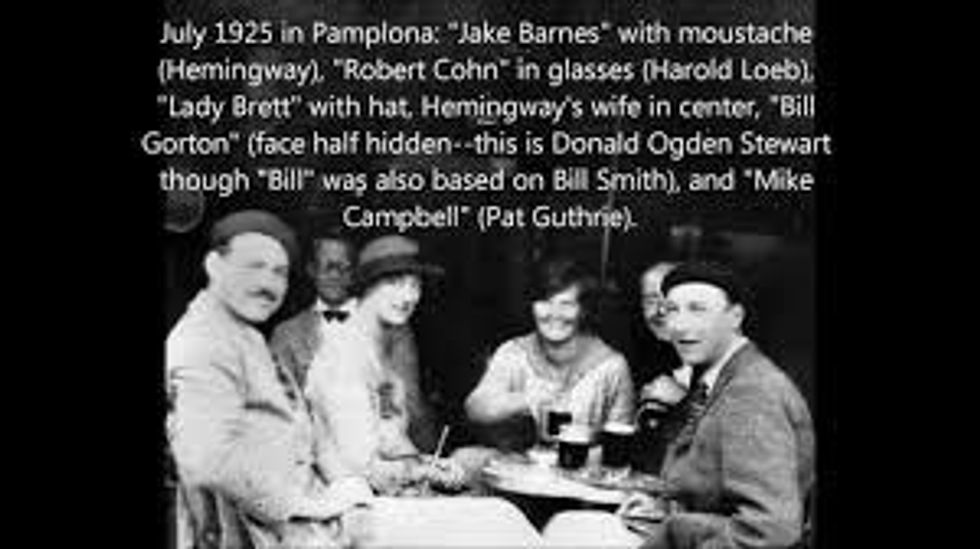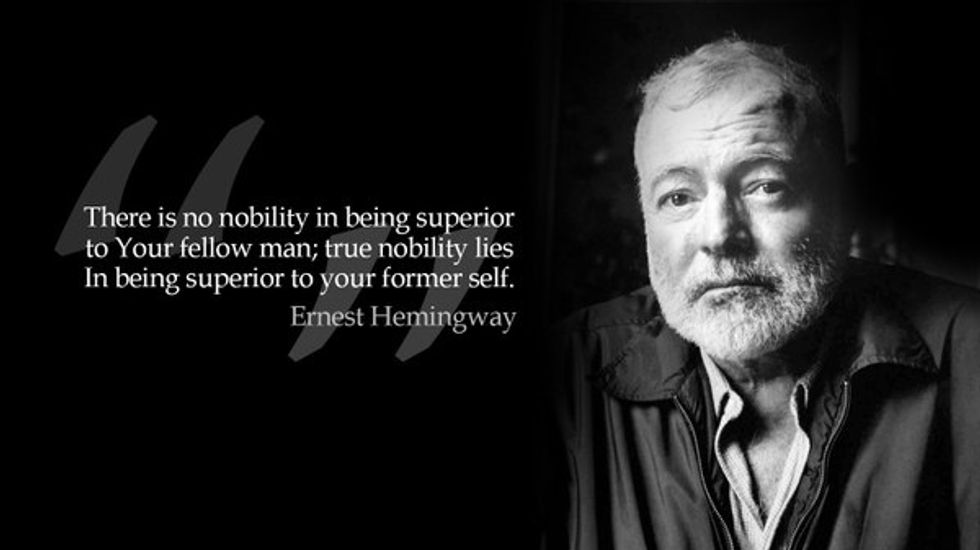One generation passeth away, and another generation cometh; but the earth abideth forever… The sun also ariseth, and the sun goeth down, and hasteth to the place where he arose… The wind goeth toward the south, and turneth about unto the north; it whirleth about continually, and the wind returneth again according to its circuits… All the rivers run into the sea; yet the sea is not full; unto the place from whence the rivers come thither they return again.
– Ecclesiastes
Each generation has their story. It is not just one story, but many. They are vivid display of triumphs, pain and growth, made up by those who live in it. These stories are the frustrations of finding oneself in an otherwise big world, or the frustrations of falling in love with someone you can never be in love with. These are those who are after greatness, but only meet illusions of grandeur.
Out of all these characteristics, two generation’s stories are surprisingly and uncannily similar: the Millennial Generation and the Lost Generation.
It’s been several weeks since I’ve moved down to DC to begin my “summer abroad.” Already, I’ve walked through the National Mall and found myself having to pause and gazed in absolute awe of the marble and white monuments, as well as the museums filled with countless centuries of knowledge. I’ve begun to find myself in a way that has opened my eyes to all the potential of my future, despite my future as being unwritten much like the weather forecast a week from now.
As I walk down the avenues and streets of Washington, DC, I imagine myself walking down the avenues and streets of another city an ocean away, nearly a century ago. The words of one prolific author take root within my mind as I walk down K Street. I think of Ernest Hemingway’s Paris during the 1920s through his novel, "The Sun Also Rises." His generation, compromised of young American expatriates reeling from the horrors of the First World War, are those with high and lofty ideals but grounded in their inevitable human imperfections. Hemingway’s cast of characters, ranging from the hapless Jake Barnes to the free spirited Lady Brett Ashley to the hot tempered Robert Cohn, all illuminate the dynamic changes of modern society following the war. The ways of the old world are long gone, but with these changes comes an air of opportunity and adventure throughout Europe and to witness things such as the bullfights in Pamplona.
So far, some of those things found in Hemingway’s novel have occurred to me with my time down here. In no other time in my life have I met as many young aspiring professionals from across the country and the globe with as many aspirations as myself. Unlike Hemingway and his friends, we’ve all come down to Washington on our accord and not for some self-imposed exile. Like Hemingway, however, we have come to a city of power, prestige and immense presence on the world stage. In DC, It is truly a beating heart of intellectual discussion and politics, something you cannot find anywhere else in the world.
Naturally, some of us have come together to form a tight, interwoven group of friends that share dinners together or go out to celebrate birthdays or to explore the monuments and museums together. We are the expatriates that have come from all the different states that form our nation and for the two months, we come to learn things about each other, much like Hemingway’s’ array of characters. Saturday morning brunch in a new cafe each week has become a recurring obligation. Movie nights on Sunday are without question a family affair. Fridays are usually discovering a new festival or drinking sangria during "Jazz in The Garden."
But with all these fun activities arise our inner vices and virtues. Much like Hemingway’s lost generation, we are all individualistic, seeking to achieve our dreams and to aspire to be successful in a world left wrecked by the generations left before us. But has this approach to the new individualism made us more selfish, inept to care for others as we race onwards with our lives, much like those of the Lost Generation? In a world that seems to be on the brink of destruction and pessimism, our spirits and morals are tested. Will we succumb to the temptations that lead us to false promises and fulfillment, or will we take the road less traveled, the difficult road. The psychological undertones of the War on Terror, having been waged since we were too young to understand, have left us searching, much like Hemingway, F. Scott Fitzgerald and others as they put their thoughts and feelings of their world to words after the First World War. Inevitably, these thoughts and observations translate into the eternal text of books and memoirs. We search for a cause to champion or a profession that will give our life meaning. Some simply write or retreat from the world altogether.
We can learn more about ourselves from Hemingway’s expatriate experience through the lessons set forth in both "The Sun Also Rises"and Hemingway’s life and personal history. I will admit, I strive to experience all that Hemingway and Jake Barnes experienced during their stay in Paris. All of it, even the times I feel lost or hurt. I hope my expatriate stay in Washington, far away from the comforts of home and the company of friends and family, will lead to greater changes, changes I will not be able to detect within myself until decades from now. I hope to find meaning and not succumb to those temptations those in "The Sun Also Rises" faced.
As Hemingway once said in his novel, "A Moveable Feast"
“If you are lucky enough to have lived in Paris as a young man, then wherever you go for the rest of your life, it stays with you...”



























